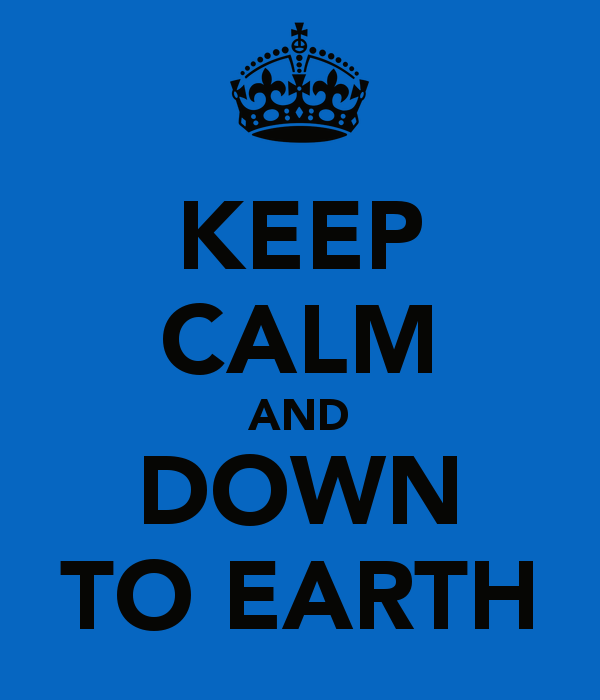
First Sunday of Advent – Down to Earth

Readings: Isaiah 63:14-64:8, 1 Corinthians 1:3-9, Mark 13:33-37.

Advent reminds us that we are authentically Christian insofar as our lives are orientated toward that future consummation. Yet this, the infinite future that none of us can escape, is not a future of our construction or human fashioning. We are neither fanatics whose desperation for future liberation inoculates us against the graces and obligations of the present, nor are we hopeless and slothful quietists that accept the unacceptable in the name of a mythical, distant, future. We cannot excuse ourselves from the task of building a better world, nor can we go about that task with historical consciousness alone. But our ‘work’ here is relativised by God’s work, the work of grace; for it is grace itself that propels us outwards into the tasks that God bestows upon us, and confirms us in our hope that our work cannot be in vain. Thus the present is not sacrificed on the altar of the future, nor is the future sacrificed on the altar of the present. The sole sacrifice is the priest-victim Jesus Christ, the altar is the cross, and he alone unites us—past, present and future—to the One True God, sending their Holy Spirit to scatter grace in abundance, as seeds of future glory in today’s present.

So the children of Advent are down to earth. Paradoxically, it is by living the experience of anticipation, by being an Advent People, that we are able to live authentically in the present. Our faith enables us to see the future here in the present, to dwell within it and make it ‘home’, for our future is the God to whom faith binds us, dwelling amongst us in Christ, made present afresh by the Holy Spirit. Advent is a penitential season insofar as it invites us to cast off all the false dwelling places of sin, the mini-idols we create in the present as our personal projects and objectives for a man-made future. What will these detours look like in eternity? Yet Advent is also a season of the profoundest hope, a restful hope, that reposes in God’s grace and awaits its consummation, an invitation to spend time with the timeless God who ‘rested’ with us at the culmination of creation. ‘Be still and know that I am the Lord and I will be exalted among the nations’, as the Psalmist says. Vacate et videte, be still in order to see—vacate yourself, take a holiday from playing God! And there, in today’s silence of eternity, we meet God, the future whom today we prepare to meet in peace.


